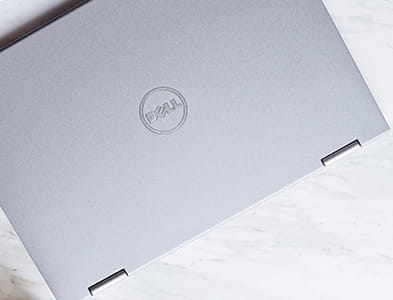Delaware Chancery Court Decision in Verition v. Aruba Networks Court Determines Unaffected Market Price Provides Persuasive Evidence of Fair Value
Subscribe to Case ReviewsDelaware Chancery Court Decision in Verition v. Aruba Networks Court Determines Unaffected Market Price Provides Persuasive Evidence of Fair Value
Subscribe to Case ReviewsDelaware Chancery Court Determines that Unaffected Market Price Provides the Most Persuasive Evidence of Fair Value in Verition Partners Master Fund Ltd. and Verition Multi-strategy Fund Ltd. v. Aruba Networks, Inc.
Vice Chancellor Laster's decision on February 15, 2018 resulted in the Petitioners in the case receiving $17.13 per share, a full $7.54 per share (or 31%) less than the deal consideration of $24.67 per share negotiated in Hewlett-Packard's acquisition of Aruba Networks.
Incorporating frequent reference to the Delaware Supreme Court's recent decisions in Dell, Inc. v. Magnetar Global Event Driven Master Fund Ltd., et al. and DFC Global Corporation v. Muirfield Value Partners, L.P., et al., Laster endorsed using the unaffected market price of a widely traded company as evidence of fair value. Laster stated: "As in Dell and DFC, the market for Aruba's shares exhibited attributes associated with the premises underlying the efficient capital markets hypothesis. Under Dell and DFC, these attributes provide sufficient evidence of market efficiency to make Aruba's stock price 'a possible proxy for fair value.'"
Dell and DFC had also endorsed using the deal price in a third-party, arm's-length transaction as evidence of fair value. Laster acknowledged that the Petitioners had proved that Aruba's negotiators might have done better, but "there was no reason to believe that they left any of Aruba's fundamental value on the bargaining table" and he concluded that the deal price did provide reliable evidence of fair value. Interestingly, the deal was not subject to a go-shop process, but Laster found that the Petitioners were unable to identify any likely bidders that would be willing to pay more. Laster pointed out that the Dell and DFC decisions recognized that deal prices may include synergies and that those decisions endorsed deriving an indication of fair value that excluded synergies from the deal price.
The parties in the case had presented alternative discounted cash flow analyses with widely varying results. Like the Supreme Court in Dell and DFC, Laster found in Aruba that while a discounted cash flow analysis can be a useful tool when there is little compelling market evidence, when market evidence is available, "the Court of Chancery should be chary about imposing the hazards that always come when a law-trained judge is forced to make a point estimate of fair value based on widely divergent partisan expert testimony."
Laster opined that his own "deal price, less synergies" analysis was tainted by the same "human judgment analogous to those involved in crafting a discounted cash flow valuation" and that "a buyer's willingness to pay a premium over the market price of a widely held firm reflects not only the value of anticipated synergies but also the value created by reducing agency costs. The petitioners are not entitled to share in either element of value, because both 'arise from the accomplishment or expectation of the merger.'"
Laster concluded by saying that "by awarding fair value based on the unaffected market price, this decision is not interpreting Dell and DFC to hold that market price is now the standard for fair value." Rather, that, in this case, "Aruba's unaffected market price provides the best evidence of its going concern value."





